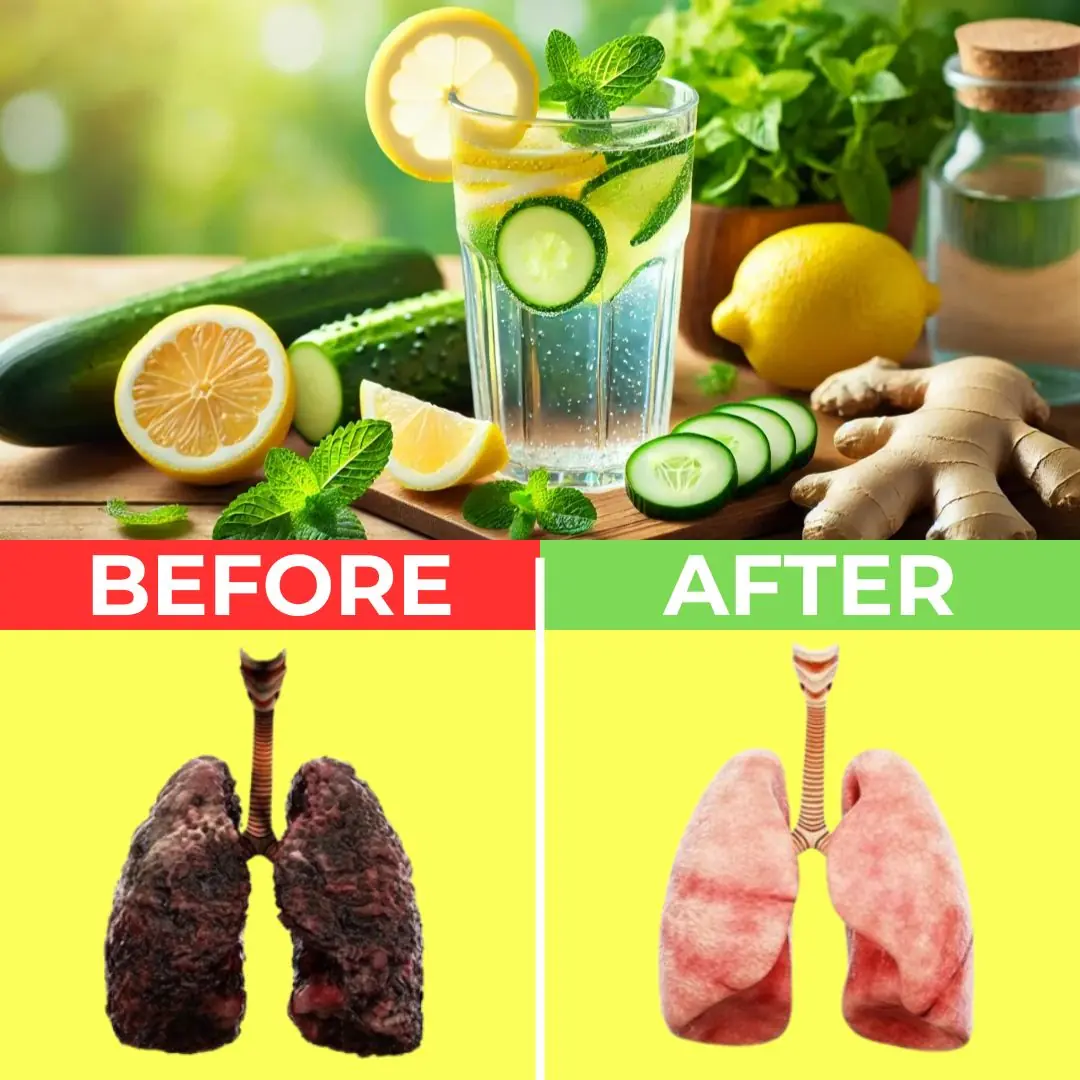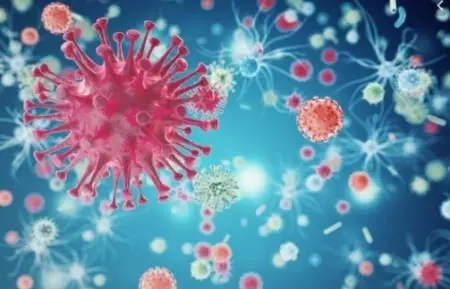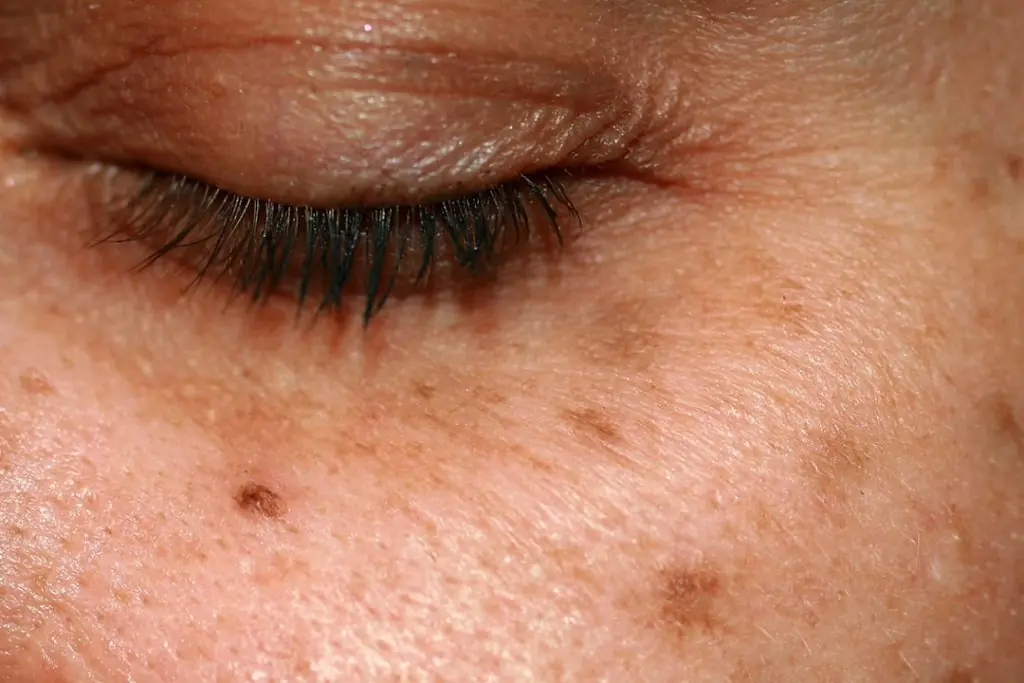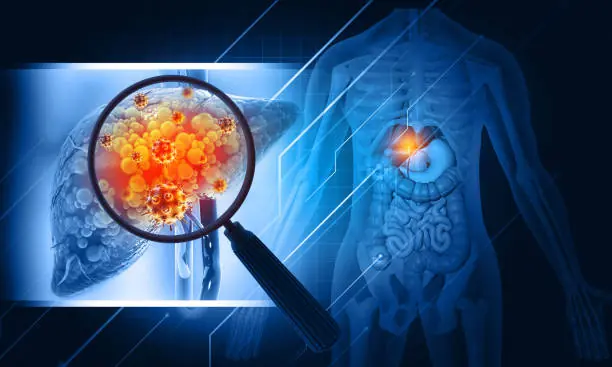
🚨 Over 30? Cancer Could Be Hiding in These 8 “Harmless” Symptoms You Shouldn’t Ignore
Updated: May 2025
Let’s be honest—once we hit our 30s, we often attribute strange body changes to being stressed, overworked, or simply “getting older.” And while aging certainly brings its own quirks, not every symptom should be shrugged off. Some of those minor annoyances might actually be early warning signs of something far more serious: cancer.
Cancer doesn’t usually arrive with a bang—it whispers. The trick is to recognize those whispers early. Catching cancer in its initial stages can make a life-or-death difference.
Here are 8 frequently ignored symptoms that may be masking the early stages of cancer. If any of these ring a bell, don’t panic—but don’t brush them aside either.
1. 💤 Persistent Fatigue That Doesn’t Go Away
Yes, we all feel exhausted now and then—between work, family, and life’s demands, tiredness is almost a given. But extreme, ongoing fatigue that doesn’t improve with rest is a red flag. This isn’t just being sleepy—it's a deep, bone-level exhaustion that interferes with daily life.
🔴 Possible cancers: Leukemia, colon, or stomach cancer.
Warning sign: Fatigue that gets worse over time, despite adequate sleep and no obvious cause.
2. 🩸 Unexplained Weight Loss
Losing weight without trying might sound like a win, but if you’re dropping 10 pounds or more in a few weeks without changing your eating or exercise habits, it’s worth looking into.
🔴 Possible cancers: Pancreatic, esophageal, stomach, or lung cancer, as well as lymphoma.
Red flag: Weight loss that’s rapid, unintentional, and unexplained—especially if paired with loss of appetite or digestive issues.
3. 😮💨 Shortness of Breath or Chest Discomfort
Getting winded after light activity—or feeling a dull, nagging pressure in the chest—shouldn’t be ignored. While heart or lung issues are common culprits, lung cancer or other thoracic tumors can also cause these symptoms.
🔴 Possible cancers: Lung, esophageal, or even breast cancer (in cases of chest discomfort).
Don’t ignore: Shortness of breath that’s new, getting worse, or not related to exercise or allergies.
4. 🍽️ Ongoing Bloating or Appetite Changes
Feeling full quickly, chronic bloating, or nausea that won’t subside? These can often be misdiagnosed as indigestion or IBS, but long-term bloating or satiety (feeling full fast) can signal cancer.
🔴 Possible cancers: Ovarian, stomach, pancreatic, or colon cancer.
Pay attention to: Changes that persist longer than 2 weeks, especially in combination with pain or weight loss.
5. 🔁 Changes in Bowel or Bladder Habits
Sudden, unexplained constipation or diarrhea, especially if it continues for weeks, is a big red flag. So is blood in stool or urine, or an increase in urination frequency.
🔴 Possible cancers: Colon, bladder, prostate, or rectal cancer.
Key point: Blood in your stool or urine is never normal—always get it checked.
6. 🧬 Unusual Bleeding or Discharge
Unexpected bleeding should always be taken seriously. For women, this can include spotting between periods or bleeding after menopause. In both men and women, nipple discharge, especially if bloody, requires immediate medical attention.
🔴 Possible cancers: Cervical, uterine, breast, or even testicular cancer in rare cases.
Note: Any unusual discharge or bleeding that’s new or recurring is worth a doctor’s visit.
7. 🧖♀️ Skin Changes or Sores That Don’t Heal
Skin cancer isn’t always a black mole. Changes in skin texture, color, or non-healing sores, especially on the face, neck, or limbs, can be signs of something deeper. A new bump or a mole that evolves in shape or color is worth investigating.
🔴 Possible cancers: Melanoma, basal cell carcinoma, or squamous cell carcinoma.
Warning signs: Asymmetrical moles, irregular borders, color changes, and sores that persist beyond 3 weeks.
8. 😷 Persistent Cough or Hoarseness
A lingering cough or raspy voice that sticks around for weeks—even if you’re not sick or a smoker—can point to more than allergies. Especially if it’s accompanied by blood in the phlegm or pain when swallowing.
🔴 Possible cancers: Lung, laryngeal (voice box), thyroid, or throat cancer.
When to act: If a cough lasts longer than 3 weeks without signs of a cold or flu, don’t ignore it.
🔍 When Should You Be Concerned?
✅ Duration matters: Any symptom that lasts more than 2–3 weeks without improvement should be evaluated.
✅ Follow your instincts: You know your body. If something feels “off,” even if it seems small—listen.
✅ Don't delay: Many cancers are beatable when caught early. Waiting can close the window for easier treatment.
✅ Final Thoughts: Your Body Isn’t Just “Getting Older”
Hitting your 30s doesn’t mean every change is part of aging. While most symptoms will turn out to be harmless, some may be whispers of something more serious—and those whispers deserve your attention.
Be proactive. Speak up if something feels wrong. Early diagnosis can make all the difference between managing a health scare and facing a life-threatening condition.
Bottom line: Trust your body. If it’s trying to tell you something, make sure you’re listening. And when in doubt—get checked. Your future self will thank you.
News in the same category


The Secret to a Whiter Smile: A Simple Tomato-Based Teeth Whitening Recipe

🛑 The MOST DANGEROUS Sleep Position You Never Knew! | Boost Your Sleep Instantly

Say Goodbye to Fatty Liver, Blurry Vision, and Anemia with This Powerful Natural Drink

Pronto Alivio: Benefits, Medicinal Uses, and How to Prepare Its Infusion

Mix Rice and Water and the Wrinkles Will Disappear! 🌟 Rice Mask for Glowing Skin

Unexpected health benefits of chai spices you may not be aware of

Unlocking the Hidden Power of Lactuca Serriola: Nature’s Wild Gift Growing All Around You

A REAL VITAMIN BOMB: Celery and Lemon for Clarity, Pressure Relief, and Detox

Support Healthy Weight Management in Seniors with These 3 Morning Drinks

38 DELICIOUS Foods That Contain Almost ZERO Calories!

Doctors Don’t Want You to Know About This Drink Because It Can Cure Diabetes, High Blood Pressure, and Poor Circulation in the Blink of an Eye

9 Reasons Why You Should Drink Cucumber, Ginger, Mint, Lemon, and Water Every Day

Top 10 Foods Rich in Collagen and Anti-Aging Booster

🥬🍏 Parsley & Apple: The Underrated Power Duo Your Body Will Thank You For

From Struggling to Walk to Running Like a Child: How Lemon and Carrot Can Transform Joint Health

How to Remove Blackheads and Whiteheads from Nose and Face Naturally at Home – With Vaseline and a Simple Trick

The Natural Remedy They Call “The Cancer Eliminator”: Say Goodbye to Cancer Cells and Eye Problems

Naturally Eliminate Kidney Stones and Cleanse Your Kidneys with This Powerful Mix
News Post

The photograph of a little boy who became one of the most recognizable men today

Three Family Members Diagnosed with Thyroid Nodules – The Mother Collapses: “I Thought Eating More of Those Two Things Prevented Cancer”

A Family of Four Siblings Diagnosed with Stomach Cancer – Doctor Shakes His Head: Two "Deadly" Common Habits Many People Share

A 49-Year-Old Man Dies of Brain Hemorrhage – Doctor Warns: No Matter How Hot It Gets, Don't Do These Things

England Has Officially Started To Give Out New Injections That Treat 15 Cancers

He left as soon as he found out the diagnosis of our son. And I stayed—because I couldn’t leave my child alone

Their daughter disappeared in 1990, on the day of her graduation. And 22 years later, the father found an old photo album

We'll live off our daughter-in-law; she has a good job," the mother-in-law shared with her friend

While the woman was doing a deep cleaning of the house, she came across an old letter from her deceased husband. Carefully unfolding it, she skimmed through the lines… and froze

If she needs money again, let her call the bank, not me, — Maria snapped, deleting her mother-in-law’s number from her phone

7 Surprising Health Benefits of Okra You Need to Know

The Secret to a Whiter Smile: A Simple Tomato-Based Teeth Whitening Recipe

How to Fade Age Spots: Causes, Treatments, and Prevention That Actually Work

My Husband Sneaked Out Every Night — I Followed Him One Evening and Discovered a Shocking Truth

I Arrived Early for My Big Day and Found Out My Sister Had Planned Her Own Wedding—At My Venue

A Rude Stranger Humiliated Me at My Son’s Restaurant — The Next Day, She Showed Up at My Home as His Fiancée

🛑 The MOST DANGEROUS Sleep Position You Never Knew! | Boost Your Sleep Instantly

Say Goodbye to Fatty Liver, Blurry Vision, and Anemia with This Powerful Natural Drink

Early Warning Signs of Liver Damage — And How to Protect and Strengthen Your Liver Naturally

